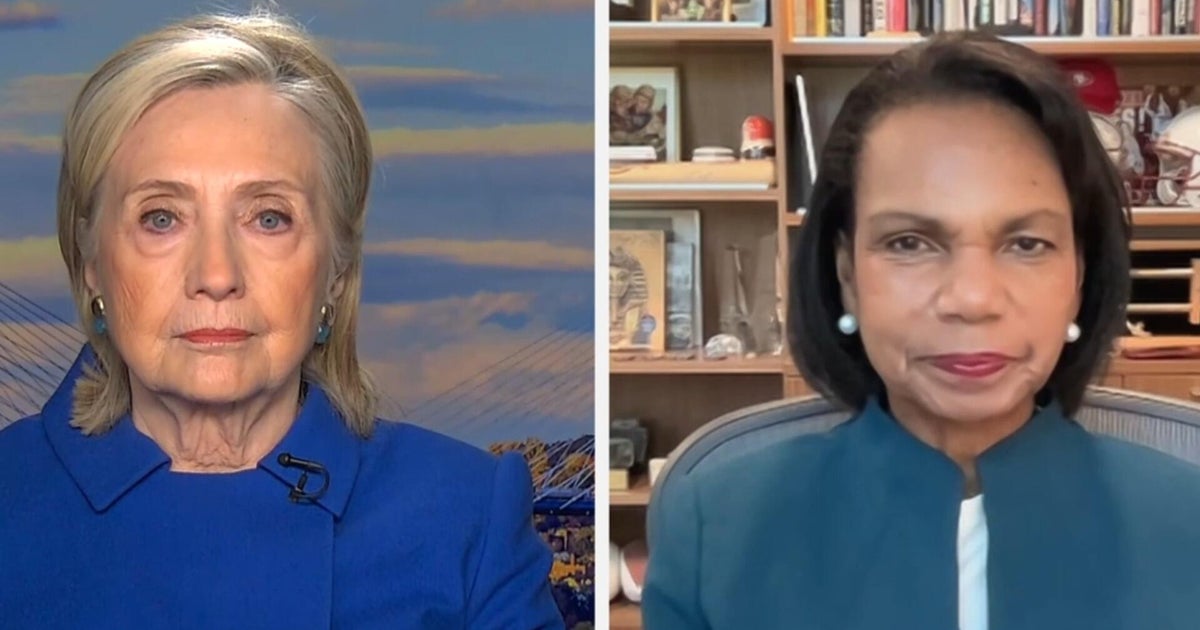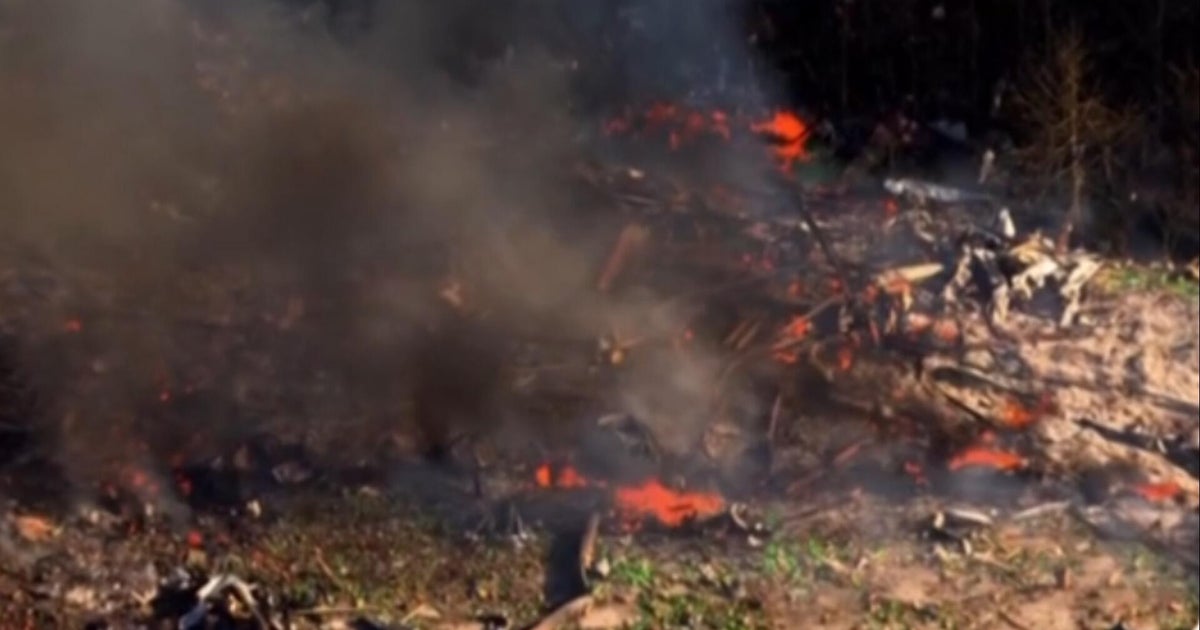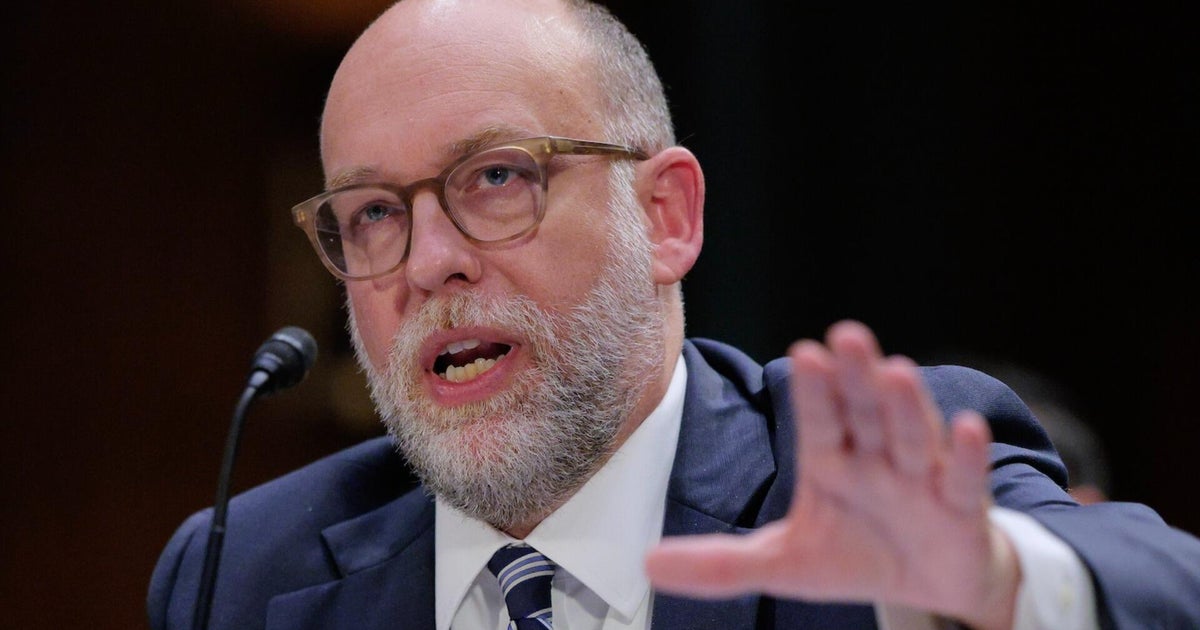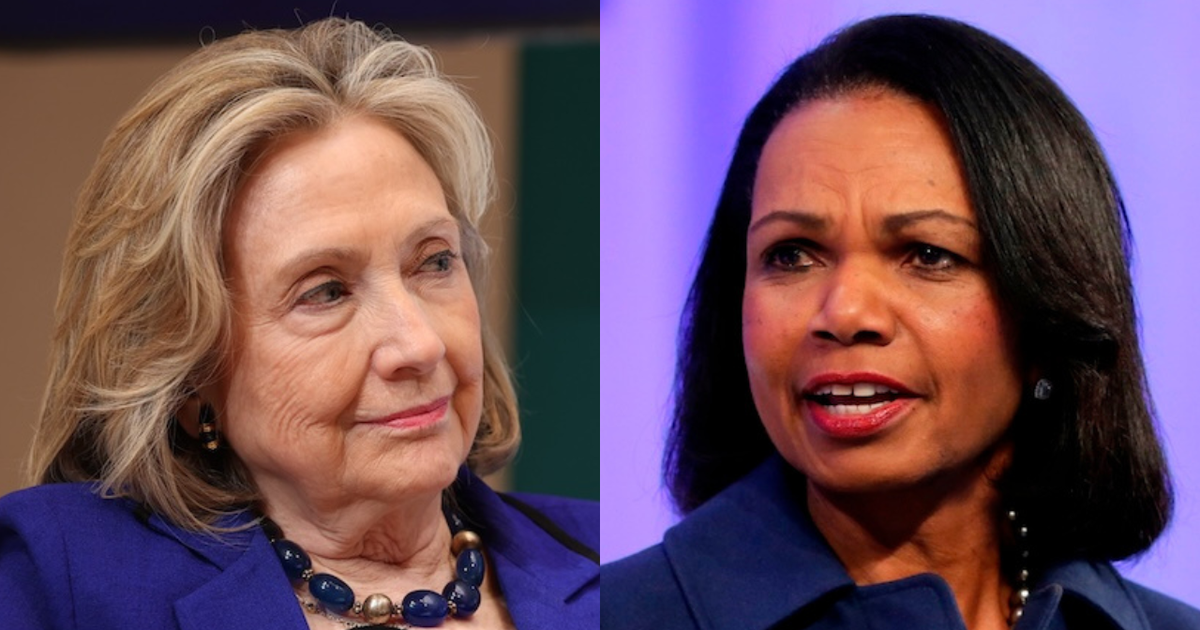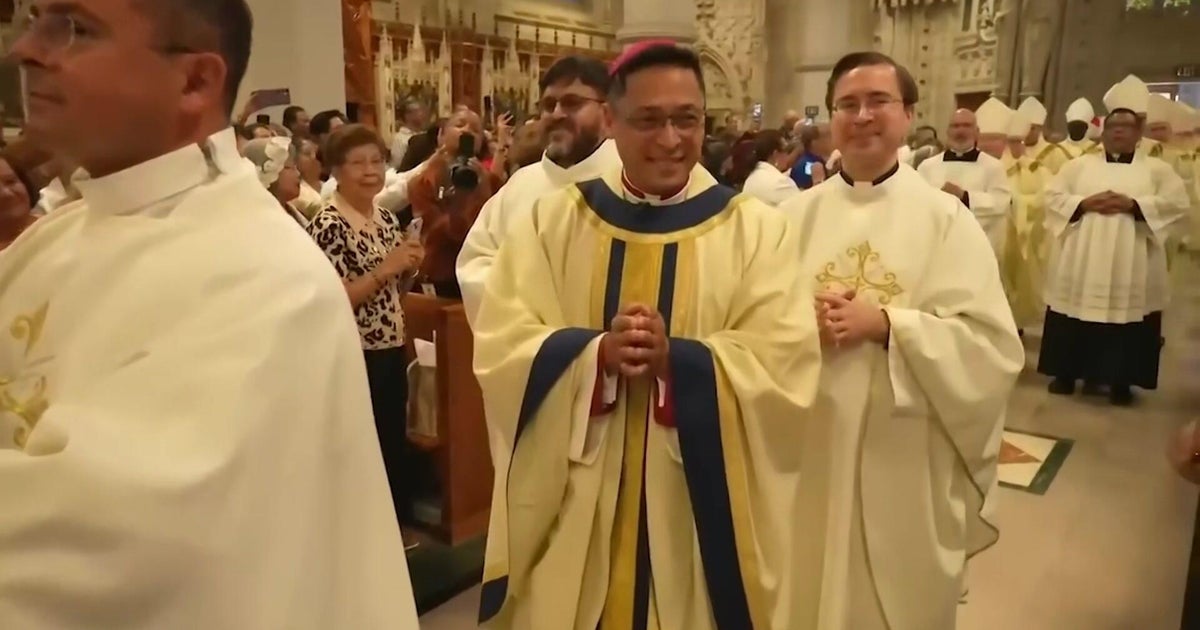Julian O'NeillCrime and justice correspondent, BBC News NI

 Getty
Getty
More than 3,500 people lost their lives during the 30-year conflict in Northern Ireland
The Republic of Ireland has committed to new legislation that will ensure full co-operation with a reformed UK legacy body dealing with cases related to the Northern Ireland Troubles.
It is part of "a new framework" agreed between the British and Irish governments, to be unveiled on Friday.
It also involves a legacy unit being set-up within An Garda Síochána (the Irish police force) and a €25m (£22m) support fund for victims.
The deal seeks to heal a rift between London and Dublin created by the current Northern Ireland Troubles (Legacy and Reconciliation) Act.
Victims' groups and political parties have been briefed on the agreement, which will require new legislation to be passed in both the UK and Ireland in the months ahead.
Northern Ireland Secretary Hilary Benn and the Tánaiste (Irish deputy PM) Simon Harris will jointly launch the agreement.
Harris is expected to describe it as "an imperfect opportunity" to deal with the legacy issue.

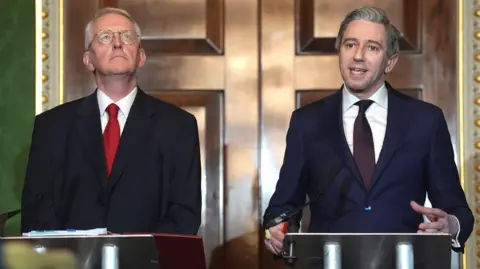 PA Media
PA Media
Hilary Benn (left) and Simon Harris, pictured here at the British-Irish Intergovernmental Conference in April, will jointly launch the new agreement on Friday
The two governments have been seeking a reset on legacy issues since the UK general election last year.
A core part of the deal involves significant changes to the Independent Commission for Reconciliation and Information Recovery (ICRIR).
It will be renamed the Legacy Commission, with a new oversight board established.
Irish state bodies, such as the gardaí (Irish police), which do not currently assist ICRIR investigations, will begin co-operating once the changes come into effect.
The new gardaí legacy unit will be a single-point of contact on Troubles-related cases for victims and bereaved families.
A separate body will also be created to accept information about Troubles-related murders.
London and Dublin believe the two bodies reflect what was agreed, but never implemented, under the Stormont House Agreement in 2014.
What is the Legacy Act?
The current Legacy Act, passed by the last UK government in 2023, was widely opposed by Labour, all Northern Ireland parties, several victims' groups and the Irish government.
It created a new legacy body known as the ICRIR to take over all Troubles-era cases from 1 May 2024, including those on the desk of the Police Service of Northern Ireland.
The act shut down all historical inquests.
The act's most controversial element, the offer of conditional immunity to suspects, was disapplied following legal action by bereaved families.
The court ruled this part of the act was incompatible with human rights legislation and the Windsor Framework.
Labour pledged to repeal the Legacy Act and replace it after winning the last election, including agreeing a way forward with Dublin.
The act included controversial measures, such as allowing the ICRIR to grant conditional amnesties in return for information.
However, this and other aspects of the act were later ruled unlawful.
Ireland launched an inter-state case against the UK at the European Court of Human Rights in Strasbourg.
This is unlikely to be withdrawn until after the UK passes new legacy legislation, which will include the overhaul of the ICRIR.
'This could be doomed to fail'
Emmett McConomy, whose 11-year-old brother Stephen was killed by a soldier in Londonderry in 1982, said any long-awaited new framework to address the legacy of the Troubles must "meet the needs of all victims."
Speaking to BBC Radio Foyle's North West Today programme ahead of Friday's announcement, Mr McConomy said he hopes the new framework will bring "positive change" and be "a step in the right direction" for the many people affected by the conflict in Northern Ireland.

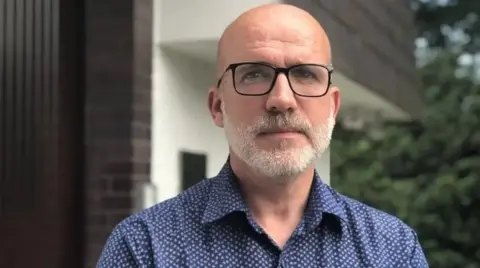
Emmett McConomy says any new framework must 'meet the needs of all victims'
However, he expressed concern about the level of engagement both governments had undertaken with victims regarding the framework.
"Without proper buy-in from victims," he said, "this could sadly be doomed to fail."
"The most important people in all of this are the victims.
"What input have we had into these proposals? For me, I don't believe there has been much consultation - at least none that I am aware of.
"If the people this is designed for are not consulted or brought in at the early stages of developing these mechanisms, then surely they are doomed to fail.
"Transparency, integrity, independence, and a genuine desire to get to the truth and acknowledge families must be at the centre of whatever is being done."

 3 weeks ago
15
3 weeks ago
15




